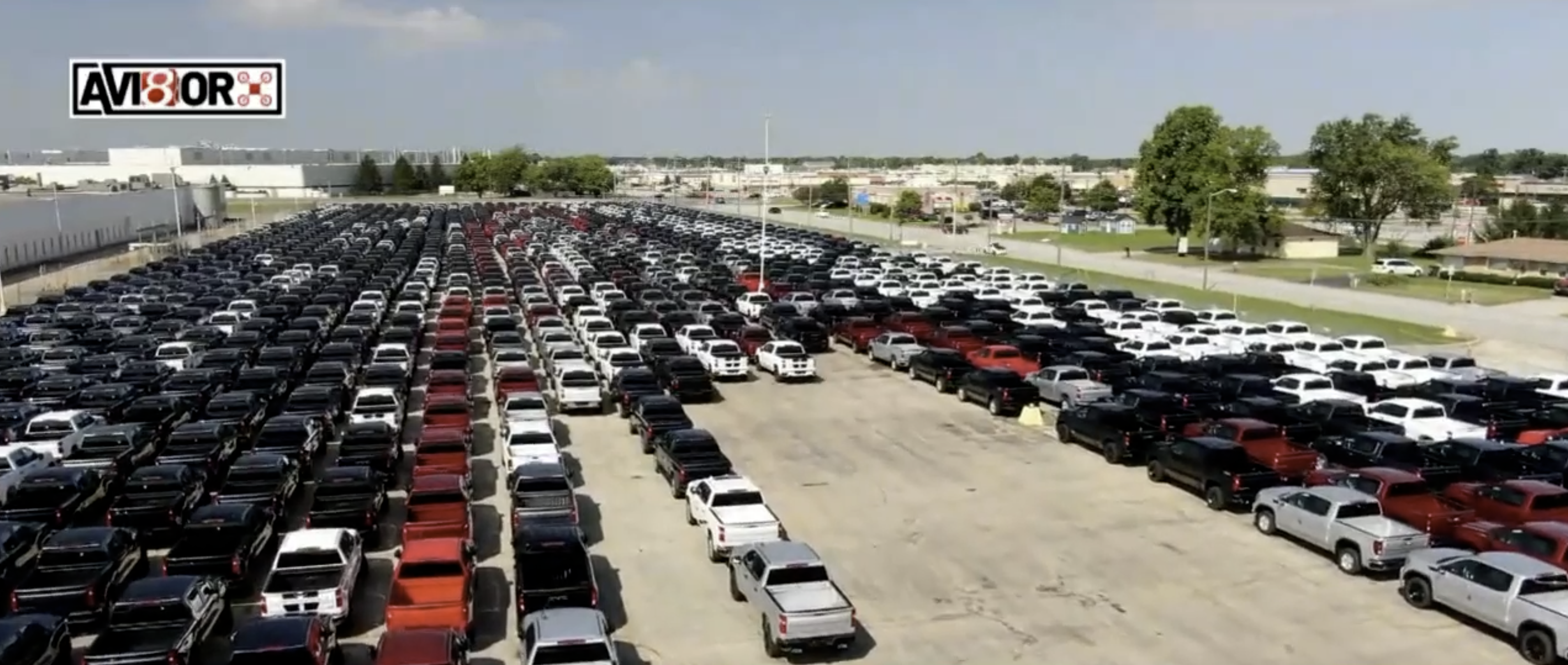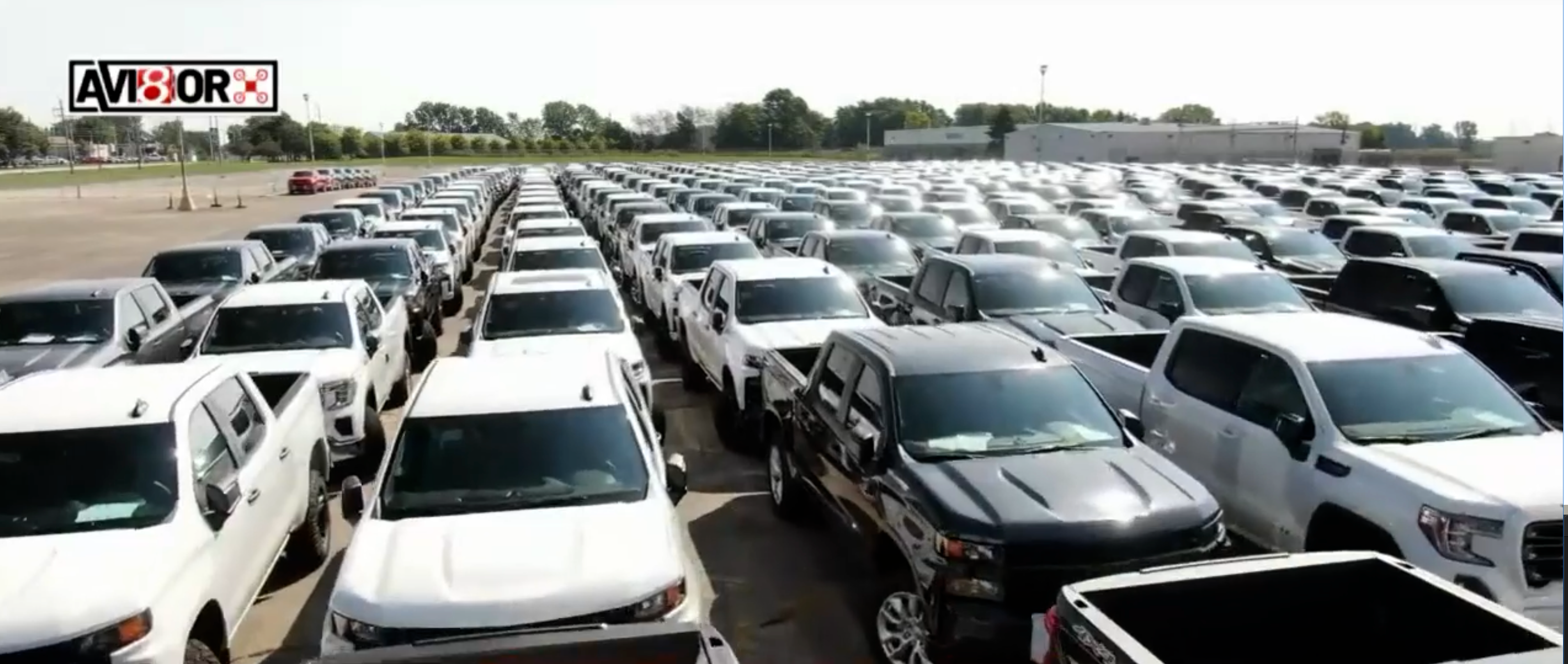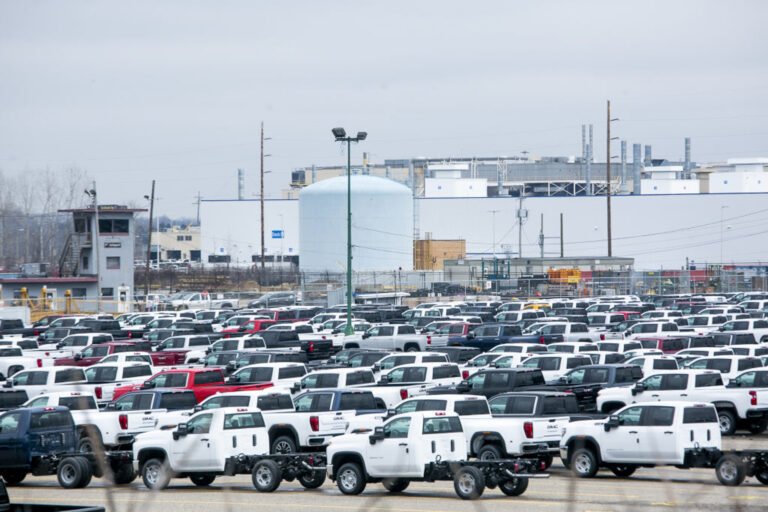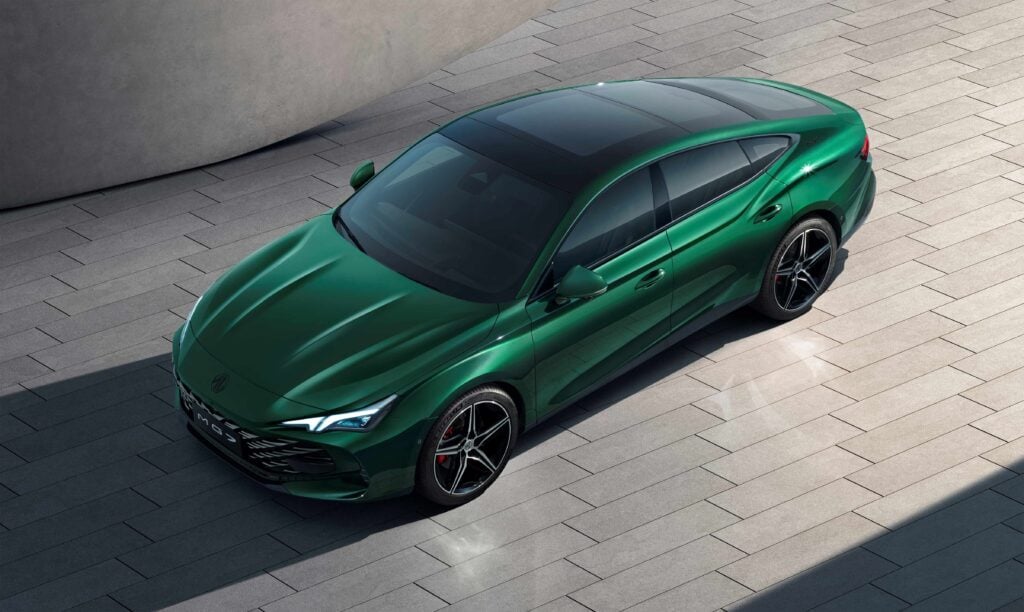UPDATE, November 5: General Motors is transporting between 5000 and 7000 uncompleted trucks to sit at one of its defunct plants – despite only just managing to clear through half its backlog, according to reports.
Indiana-based news service WishTV reports that the vehicles, which are unfinished due to the global shortage of semiconductors, are being transported from its Fort Worth facility to a former GM factory in Kokomo.
In a twist of irony, the Kokomo facility was previously used as a production plant for microchips and other electronic components until 2017, while last year it diverted its efforts towards manufacturing ventilators in the wake of the COVID-19 pandemic.

To add insult to injury, especially for the local residents, previous attempts by former employees and the United Auto Workers union to bring semiconductor production back to Kokomo have been shut down by GM, with the Kokomo Tribune reporting the manufacturer instead decided to invest US$1 billion (AU$1.35bn) in its Mexican plants.
The chip shortage has been tough on General Motors, the firm having recently reported a 40 per cent drop in profits on 2020 levels – now at US$2.4 billion (AU$3.19bn) to the end of September.

The story to here
October 25: American automotive giant General Motors has reportedly bounced back after a hard few months, triggered by the worldwide shortage of semiconductors.
As previously reported, some GM factories in the United States were storing up to 1000 incomplete vehicles a day as the production couldn’t be finished without semiconductors, leading to a backlog of more than 10,000 SUVs at one location.
According to Reuters, the problem is halfway towards being resolved with GM able to complete most of its 2021 models and ship them off to dealers, putting the focus on 2022 vehicles.

GM’s North American chief executive, Steve Carlisle, said company could now look ahead rather than keep worrying about its excess of incomplete vehicles.
“We’ve made great progress,” said Carlisle.
“We’re a bit better than halfway through that at the moment and our goal would be to clear out our ’21 model years by the end of the year. We’ll have a bit of a tail of ’22 model years into the new year but not for too long.”

The pauses in production for GM have seen it slip behind Toyota in the race for the top-selling manufacturer in the United States, with the Japanese marque leading on 1.86 million units sold compared to GM’s 1.78 million at the end of September.
If General Motors lost the top spot at the conclusion of 2021, it would be the first time since the 1950s where the conglomerate of brands hasn’t been able to end the year as the best-selling automotive manufacturer in its home market.
We recommend
-
 News
NewsFord and GM report third-quarter profit dips due to chip shortage
Semiconductor supply affects the margins of America's biggest manufacturers
-
 News
NewsGM parking over 1000 vehicles a day due to semi-conductor shortage – UPDATE
More than 10,000 vehicles are waiting for chips
-
 News
NewsToyota to dethrone General Motors on US sales charts
A 90-year run at the top could come to an end
-
 News
NewsInjunction filed against Toyota to halt electrified vehicle production and sales
Toyota is stuck in the middle of a steel supplier stand-off, but questions remain about the impact on Australian buyers






